Décryptez le monde de l'entreprise autrement
Brainyart est votre source d'information dédiée à l'actualité entrepreneuriale, au management et aux stratégies d'affaires. Découvrez chaque jour des analyses approfondies, des guides pratiques et des décryptages pour mieux comprendre l'écosystème professionnel.
Explorez nos univers thématiques
Des contenus spécialisés pour chaque dimension de votre vie professionnelle
Je consulte Brainyart chaque matin pour rester à jour sur les tendances business. Les articles sont clairs, documentés et vraiment utiles pour mon activité d'entrepreneur. Un incontournable dans mes favoris.
Derniers articles
Nos publications récentes
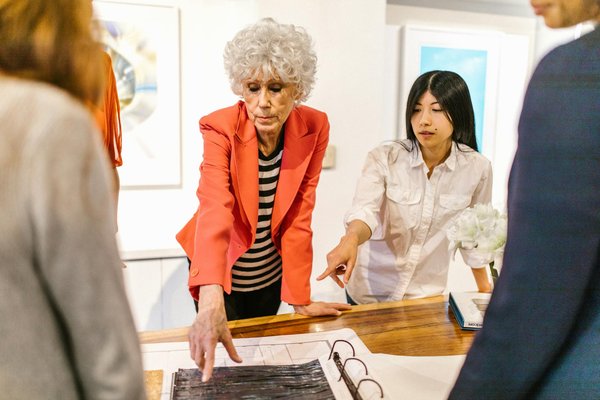
Agence-web-Reims : votre réussite en ligne avec Orenji
Saviez-vous que la réussite de votre entreprise en ligne dépend grandement de la stratégie digitale adoptée ? Orenji, ag...

Besoin d'un avocat pour créer votre société à Lyon?
Lancer votre entreprise à Lyon s'accompagne d'un labyrinthe de décisions et de démarches juridiques. S'orienter vers un ...

Cash metaux : comment maximiser vos gains sur le recyclage de métaux
Le recyclage des métaux présente des avantages économiques et écologiques considérables. Selon l'ADEME, le marché frança...
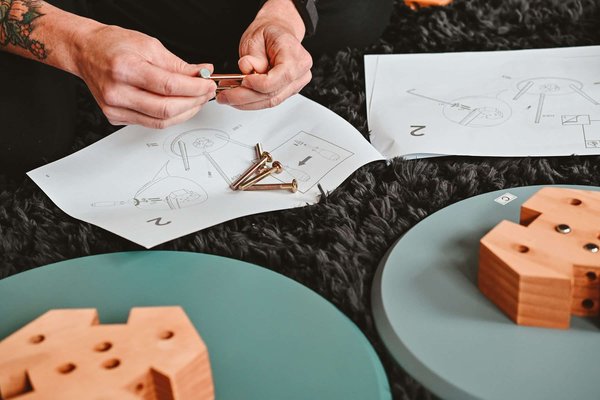
Comment les magasins de bricolage peuvent-ils tirer parti des tutoriels vidéo ?
...

Déménagement Strasbourg : votre transition sans stress
Face au défi de changer de logis, opter pour une entreprise de déménagement à Strasbourg n'est pas qu'une question de tr...
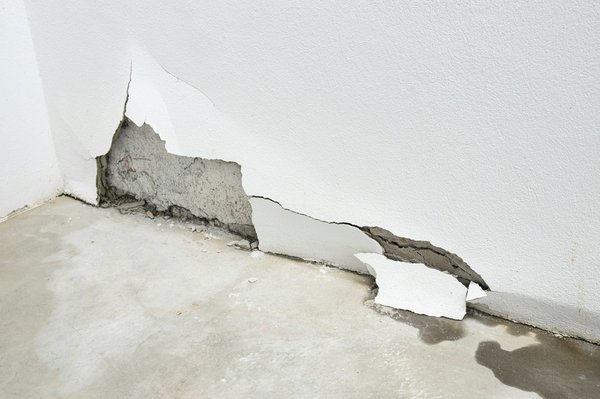
Entreprise de recherche de fuite : laquelle choisir en Seyne-Sur-Mer ?
Face à un problème de fuite d'eau à Seyne-sur-Mer, le choix d'une entreprise de détection fiable impose une sélection ri...

Entretien de bateau : comment se déroule l'opération ?
L'entretien d'un bateau est une tâche cruciale pour assurer sa durabilité et son bon fonctionnement. Que vous soyez prop...

Lutte efficace contre les cafards à marseille
Face à l'invasion des cafards à Marseille, l'efficacité est primordiale. Découvrez dans ce texte des méthodes profession...

Maîtrisez le lahochi : initiation et bienfaits énergétiques
Découvrez le LaHoChi, cette technique de soins énergétiques ancestrale qui promet équilibre et guérison. Alors que le Ma...

Maîtrisez l'emballage de colis avec astuce
L'envoi de colis est un art délicat, où chaque détail compte. La sécurité de vos envois débute avec un choix judicieux d...

Menuisier ébéniste : quels sont les services qu'il propose ?
Découvrez l'univers du menuisier ébéniste, cet artisan d'exception qui allie créativité et précision pour donner vie à v...

Optimisez vos relations clients avec une plateforme cadeau efficace
L'automatisation du gifting révolutionne les relations clients en 2025. Selon une étude Forrester récente, 78% des entre...

Stratégies de contenu pour les sites web d'entreprises locales de services
...

Suivi colis privé : profitez de la tranquillité d'esprit !
Attendez-vous un colis ? Sachez que le service de suivi de colis privé garantit sécurité et sérénité. Avec un service de...

Techniques pour augmenter la visibilité des petites entreprises de décoration d'intérieur
Dans une ère où le web est roi et où le marketing numérique est plus essentiel que jamais, les petites entreprises de dé...

Troc en Auvergne-Rhône-Alpes : Comment échanger vos biens ?
Le troc, une pratique ancestrale, connaît un regain d'intérêt dans la région d'Auvergne-Rhône-Alpes. Face à une société ...

Comment développer une stratégie de RSE alignée sur vos objectifs d'affaires ?
Au cœur du XXIe siècle, la Responsabilité Sociale des Entreprises (RSE) est devenue un véritable enjeu pour les entrepri...

Conseils pour se lancer dans l'intérim avec succès
Se lancer dans l'intérim ouvre la porte à une diversité d'expériences professionnelles, idéale pour découvrir différents...

Découvrez brevo: la solution marketing crm tout-en-un
Découvrez comment Brevo révolutionne votre stratégie marketing et CRM avec une plateforme tout-en-un. Simplifiez vos cam...

Elcom : une solution avec un large choix de profilés aluminium
Envie d'optimiser vos projets industriels avec des solutions flexibles et fiables ? Découvrez Elcom et son vaste choix d...
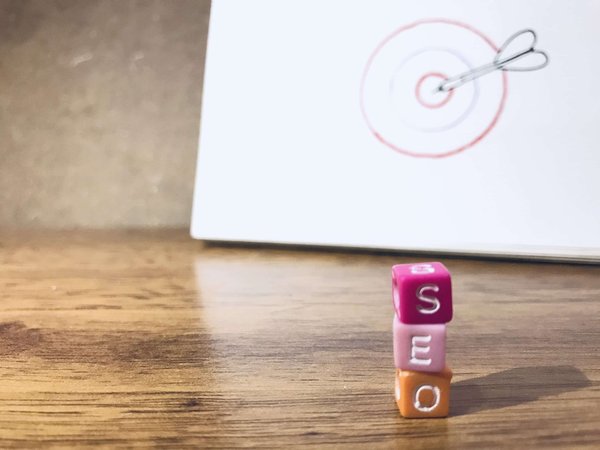
Quelles sont les clés pour une gestion efficace de la supply chain ?
La supply chain, ou chaîne d'approvisionnement, est une notion fondamentale dans le monde des affaires. Elle désigne l'e...

Quels sont les enjeux de l'intelligence artificielle en ressources humaines ?
...

Stratégies gagnantes pour choisir un cabinet fusion acquisition
Le choix d'un cabinet spécialisé en fusions et acquisitions peut déterminer le succès de votre projet. Selon EY, 73% des...

Comment former les équipes au développement et à la gestion de produits innovants ?
Dans le monde compétitif d'aujourd'hui, les entreprises se doivent d'être à la pointe de l'innovation. Le développement ...

Des formations en distanciel pour un soutien personnalisé
Selon l'AFPA, 89% des apprenants considèrent désormais l'apprentissage à distance comme aussi efficace que le présentiel...

Formation data ia : devenez acteur de la transformation numérique
Face à une croissance de 42% des investissements en IA dans les entreprises françaises en 2024 selon l'Observatoire de l...

Formation praticien coaching à paris et rouen: devenez expert en 50 jours
Prêt à transformer votre carrière en seulement 50 jours? Découvrez notre formation praticien coaching à Paris et Rouen, ...
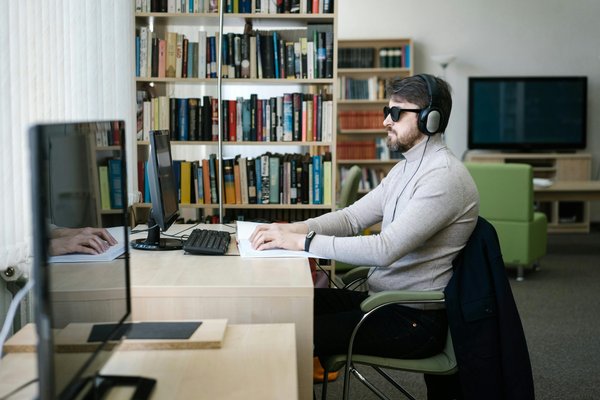
Formations adaptées aux travailleurs handicapés : découvrez-les !
Les formations dédiées aux travailleurs handicapés ouvrent des voies spécifiques vers l'emploi durable, alliant adaptati...

La formation professionnelle : un atout indispensable
La formation professionnelle représente une opportunité précieuse pour quiconque souhaite se perfectionner ou changer de...

Le rôle et les compétences clés d'un formateur informatique
Dans un monde en constante évolution technologique, le formateur informatique joue un rôle essentiel. Doté de compétence...

